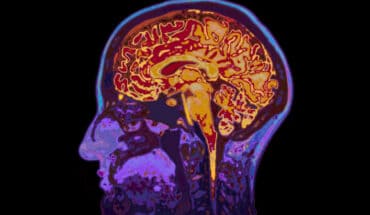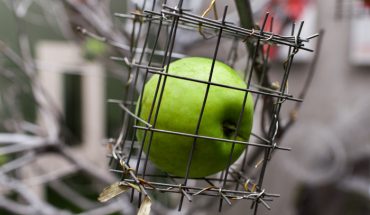Latest research into learning, skills and interests reveals that almost nine in ten (85 percent) Brits consider themselves to be ‘lifelong learners’, with 77 percent having taken a continued education course and 46 percent of people reporting it to be in the last 3 years. The main reasons for wanting to learn something new are related to improving brain health, mental wellbeing and enjoyment but increasing income is also a factor why people are upskilling.
When learning a new skill, almost a third (27%) put aside more than 50 hours a month to perfect it. Keeping the mind sharp and active was the main reason for wanting to learn something new with 63 percent of people in the YouGov research for Readly digital magazine and newspaper app citing it as their motivation. However, this was most relevant among older respondents with 74 percent of those aged over 60.
Other reasons for wanting to upskill were for enjoyment (65 percent), for mental health and well-being (58 percent); to have a hobby (43 percent), to improve self-confidence (25 percent) and to stay physically fit (19 percent).
The most popular skills to learn are handicrafts such as woodwork, sewing, knitting and ceramics (32 percent), cooking (29 percent), a new language (27 percent) and a new fitness skill such as yoga or biking (22 percent). Modern skills such as tech coding and programming also featured on the list with 15 percent of adults studying it, whilst seven percent of adults choose to further their mathematics skills.
Cognitive Neuroscientist Dr Rachel Taylor says, “Creating a healthy cortex through stimulating and training the brain can help us to think and feel better. Good brain health is not rocket science; but learning about rocket science will improve your brain health. The more we read and learn, the more our brain increases its cognitive functioning, its ability to have neuroplasticity and be stimulated by things that interest and captivate us.
Reading around a subject and continual learning in topics that interest us creates a positive, active and supercharged brain. By having a habit of learning, we have a focus for our conscious brain which promotes curiosity and stimulates intellect. The brain gets more oxygen and blood flow which helps to keep it healthy”.
Some people however, are learning a new skill for income or career related reasons such as to improve work opportunities (21 percent), increase income (17 percent) and share interests with a partner, friend or child (13 percent), showed the research by the magazine app.
Dr Rachel Taylor’s tips for a healthy cognitive function and brain health:
- Challenge yourself to learn something completely different or out of your comfort zone – this means that you create more connections between neurons, a process called synaptogenesis. The more connections we have in our brain then the more cognitive function we have.
- Allow dedicated time to improve your learning and understanding – this will also help you to feel valued, that you and your self matters. This has a great effect on our central nervous system by reducing stress responses that arise when we feel that we are putting ourselves to the back of the queue.
- Reading is a fantastic brain workout. We are not hard-wired to read so any that we do is a challenge that leads to positive changes in the brain, which include improving our memory functions. Deep dive into reading or magazines, articles or features – it all helps.
- Try short regular sessions if you’re time poor – learning improves our focus, attention and concentration. Just 20-30 minutes per day has a significant impact on our ability to have productivity and efficiency .
- Have a goal or outcome in mind for your learning. Even if it is just a commitment to doing something for a set amount of time. When we achieve our goals this has such a positive effect on our self-esteem, self-value and self-confidence. We need to start celebrating more and learning is a really good place to start to realise how amazing we all really are!
- We are never too old, too late, too whatever to start. If you are out of focussed learning practice start with short bursts of activity and build up over time. We would never go into a gym and start lifting 100KG weights. The brain is similar, start light and build up. That is the best way to train our brain.
When it comes to how people are learning, it is mostly self-taught with online research (50 percent), followed by online courses (32 percent), physical courses (27 percent), books and magazines (14 percent) and social media (4 percent).
The top 10 skills to learn in 2023:
- Handicrafts (woodwork sewing, knitting, ceramics)
- Cooking
- Languages
- Fitness (yoga, biking, swimming etc)
- Gardening
- Science/medical studies
- Tech programming and coding
- Political science
- Social media/comms
- Mathematics
- New lipid-based pathway discovered as key to memory formation - 25th June 2025
- Crucial link could explain how Alzheimer’s takes hold - 25th June 2025
- Understanding Your Mind Can Improve Daily Life - 25th June 2025






